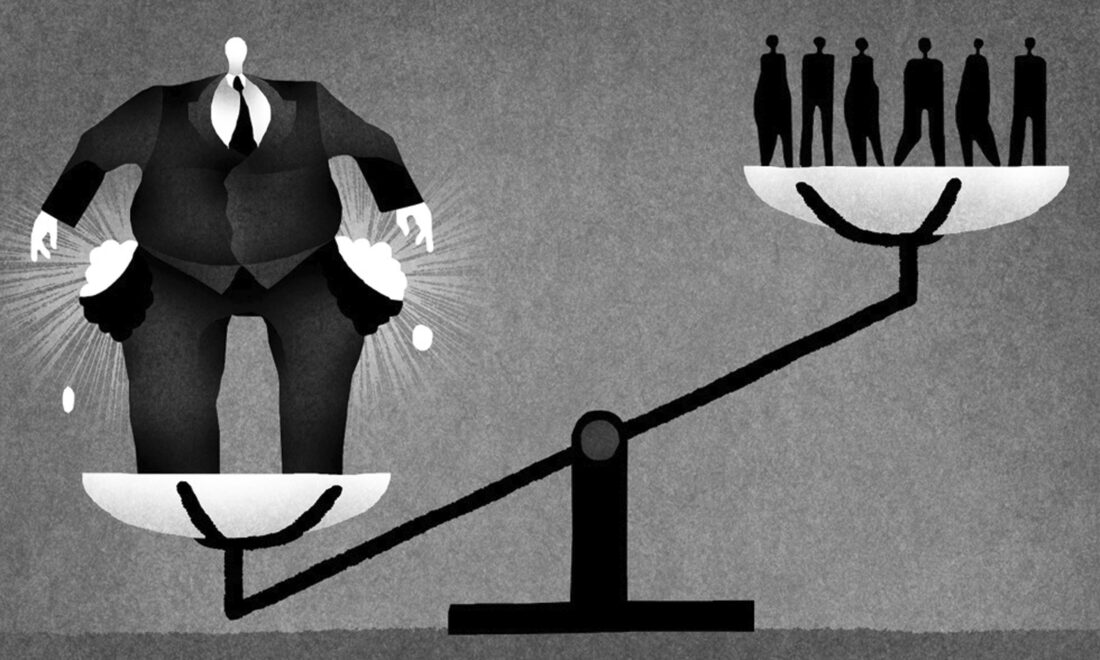
2019 Budget: Measures to address the risk of poverty, the gap in incomes and housing problem are absent
Statement by Andreas Fakontis, AKEL – Left – New Forces MP and President of the House Standing Committee on Labour, Welfare and Social Insurance
AKEL C.C. Press Office. 8 November 2018, Nicosia
The debate on the Budget of the Ministry of Labour, Welfare and Social Insurance for 2019 has unfortunately confirmed our assessment of the policy being pursued by the Anastasiades-DISY government.
A key characteristic of this budget yet again is the lack of a social vision, given that there are no effective policies and actions to provide support to vulnerable social groups, low income strata and small and medium-sized groups. Measures to address the risk of poverty, the gap in incomes and housing problem are absent.
The burden of the crisis has been shifted on to the backs of the working people, the middle strata and the poor. Cyprus still ranks among the EU member states with the biggest increase in poverty. The percentage of working poor (namely those households on very low incomes who are unable to pay bills and loans) has more than doubled in recent years.
No attempt whatsoever has been made for a fairer distribution of the growth and wealth created. Profits are increasing, while wages remain fixed. That’s why Cyprus is among the states at the top of the EU’s table on social inequality.
The unemployment rate may have fallen, but that is no cause for celebration. Long-term unemployment and unemployment among young people is still very high. Part-time work is rising sharply, the reduction in wages hasn’t been reversed and labour relations have been deregulated, while labour rights have been severely undermined. The social insecurity that our fellow citizens are suffering from is growing.
To tackle this grim situation decisively, we need drastic measures to be taken in order to combat the socio-economic inequality and channel resources to low-paid and vulnerable groups. The reshaping of socio-economic policy is imperative.
AKEL reiterates its proposals:
- Legislative regulation of the employers’ obligation to apply collective labour agreements.
- Ensure minimal employment conditions for those workers who are not covered by collective agreements so that the phenomenon of working poor is tackled.
- Family policy measures to support young couples on low incomes.
- Reshaping of housing policy in a way that will provide tangible support for families who find it difficult to obtain housing.
- Investment by the state in social protection infrastructures and support for local government authorities to pursue social policy measures.
- Study the abolition of the 12% penalty for pensioners on low incomes and workers employed in hazardous and unhealthy occupations.
- Promotion of a new separate legislation for people with disabilities in line with the principles of the UN Convention on Disabled Persons.
In conclusion, policies are needed to provide support for the vulnerable groups of the population, pensioners on low-incomes, low-paid workers, people with disabilities, and not policies for the privileged few.




